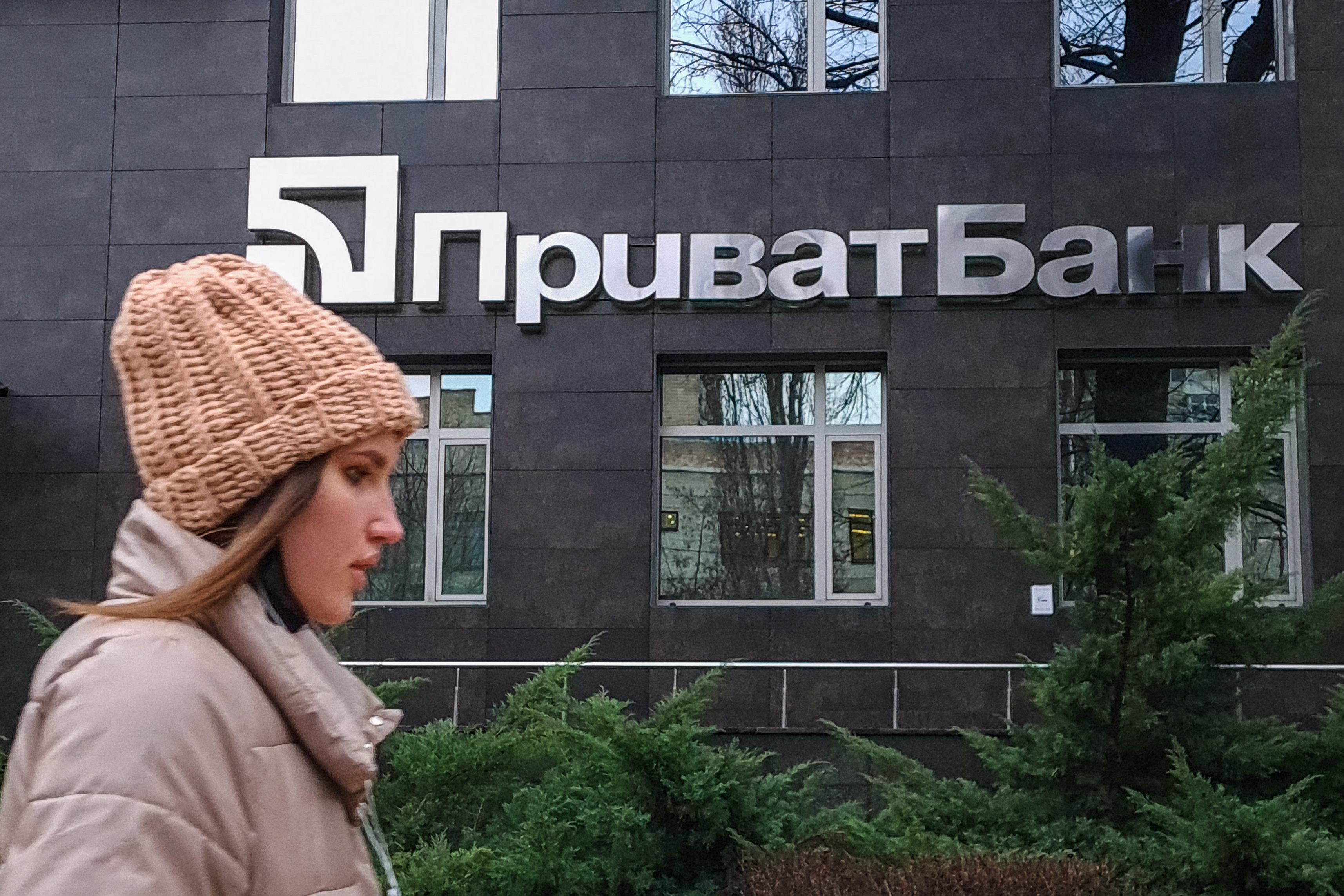The websites of Ukraine’s defense ministry and armed forces witnessed a cyberattack on Feb. 15, which also hit Ukraine's two largest banks - PrivatBank and Oschadbank.
Starting at 3 p.m. the affected websites could not be accessed and clients of the banks reported issues with their payments and apps.
"We managed to eliminate the consequences of the DDOS attack and restore the stable operation of the systems," PrivatBank wrote in an official statement. A similar statement was published by Oschadbank.
"There is a possibility of further attacks, so our IT team is doing everything possible to properly counter them," wrote PrivatBank.
Yet, as of 8:30 p.m., some clients continue to experience difficulties entering bank apps.
Minister of Digital Transformation Mykhailo Fedorov reported that a powerful DDoS attack was also launched at the Diia e-governance portal, but was repelled. Oleg Gororkovsky said similar attacks were directed at the Monobank digital bank he co-owns and many others, including Alfa Bank and A-Bank.
The attack is "the most powerful yet" in Ukraine, Ukrainska Pravda news outlet reported citing sources in the law enforcement.
Ukraine’s Center for Strategic Communications and Information Security said it was a DDoS attack, but assured that deposits of clients are safe. The center also implied that the culprit may be Russia.
"It is possible that the aggressor resorted to the tactics of petty mischief because by and large, its aggressive plans do not work," the center said on Facebook.
In a DDoS attack, perpetrators flood the target with superfluous requests from many sources to overload the system.
It’s a method different from the previous Jan. 14 attack that crashed state websites, replacing their main pages with a threatening message, and which the government blamed on Russia.
Cyberattacks are one of the many ways Russia may try to destabilize Ukraine, according to the government and the U.S. intelligence.
The attack came amid the ongoing reports of a looming Russian further invasion of Ukraine. The Kremlin has already massed over 140,000 troops around Ukraine and in the Russian-occupied regions of Ukraine, while over 20 embassies have urged their citizens to immediately leave the country following the White House’s new warnings that Russia could mount a major military assault on Ukraine “at any moment.”













